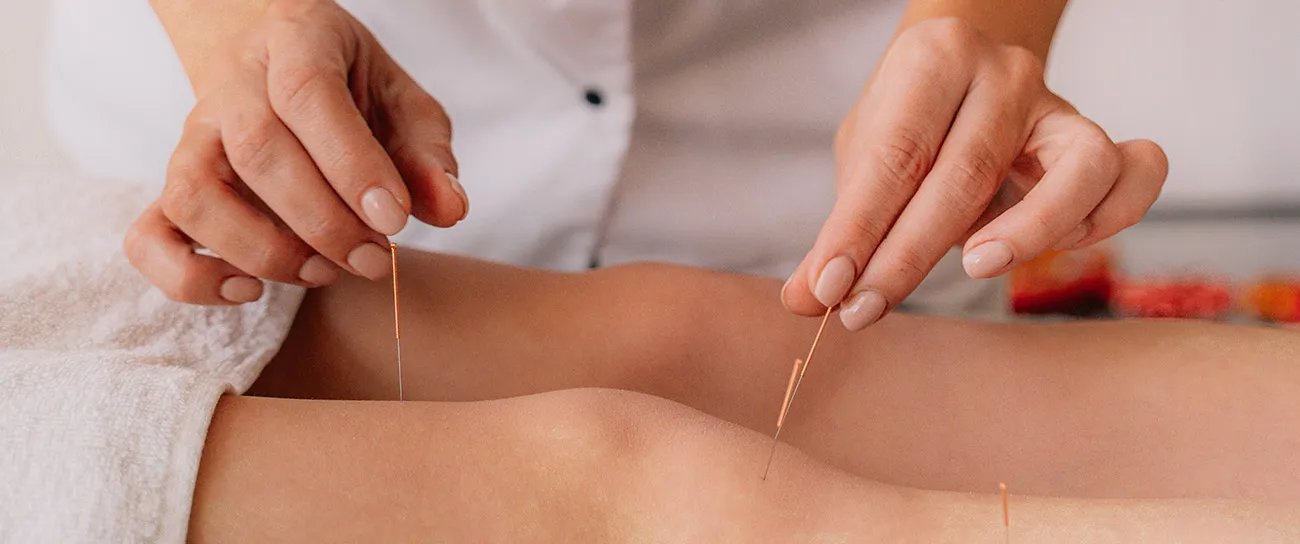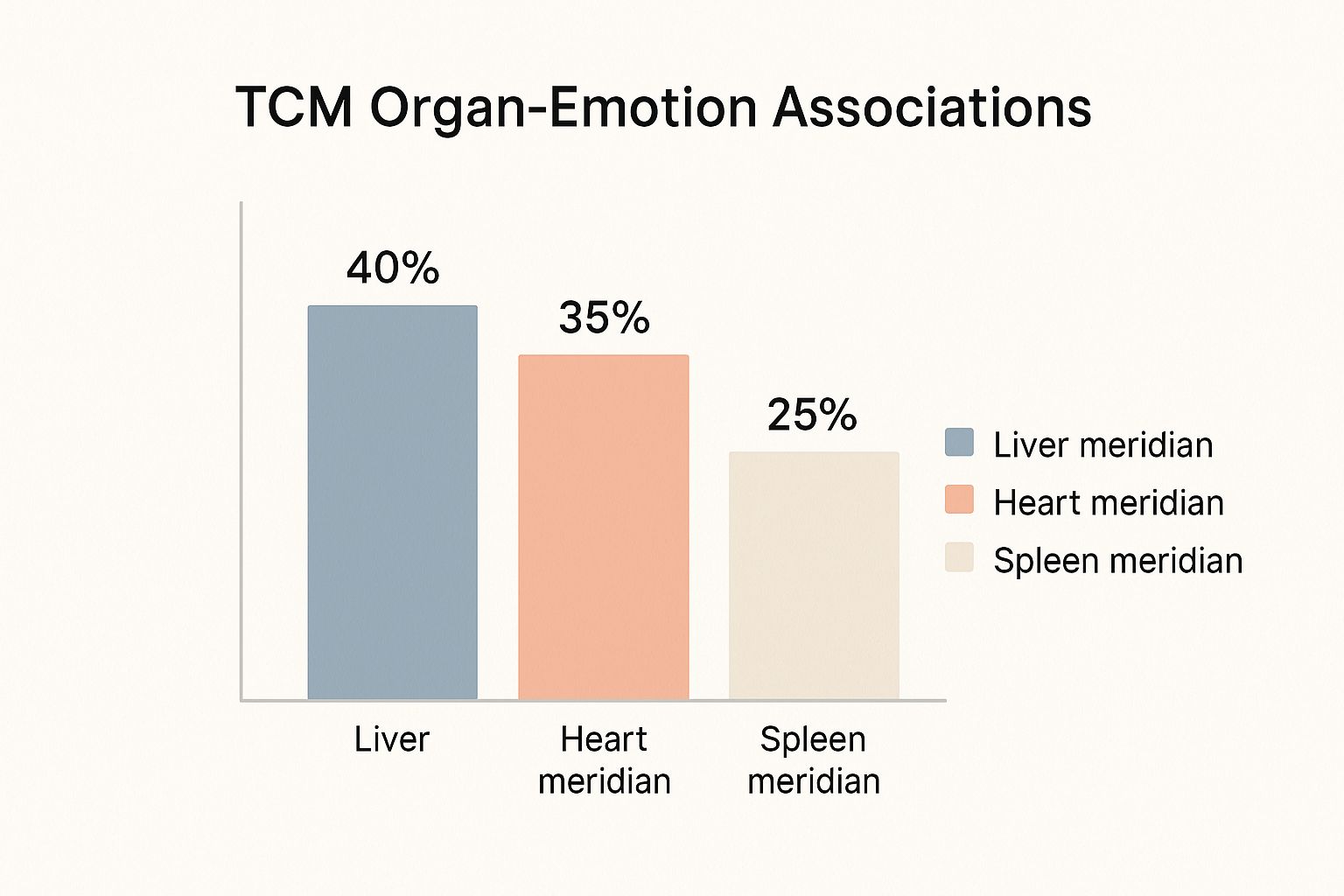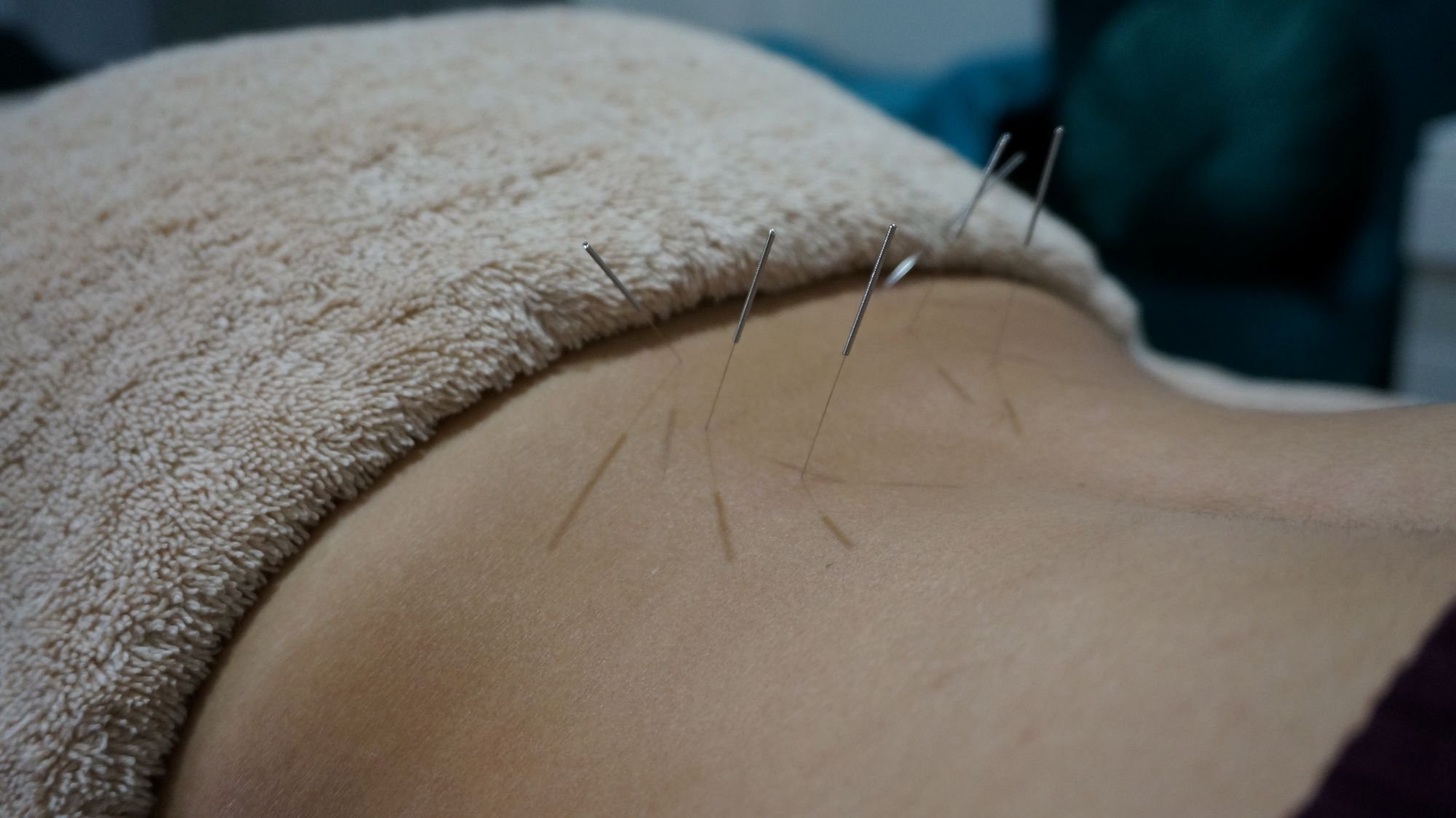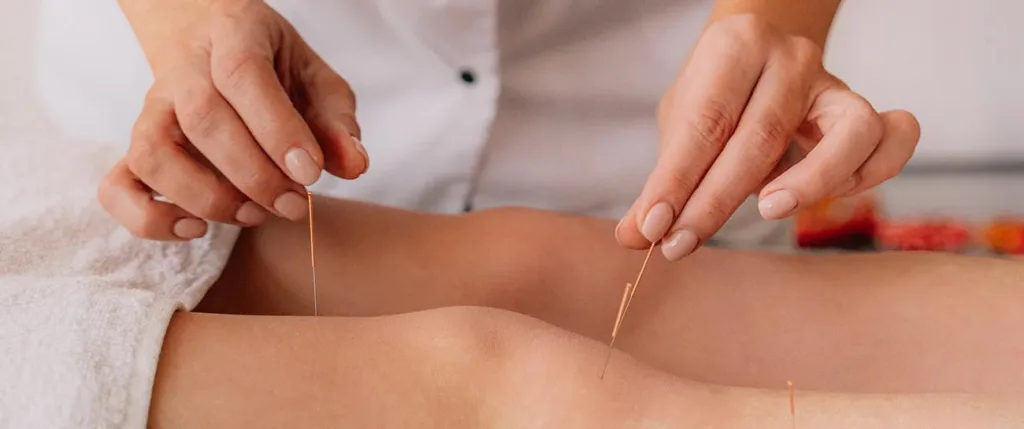Acupuncture stands out as a holistic healing technique that numerous individuals turn to for alleviating the overwhelming sensations associated with stress and anxiety. This ancient therapeutic practice revolves around the precise insertion of ultra-fine, sterile needles into targeted points on the body. The primary aim is to stimulate the body’s innate healing capabilities, fostering a deep sense of calm and relaxation that many find instrumental in their wellness journey.
Discover How Acupuncture Can Transform Your Stress and Anxiety Management

Stress and anxiety present significant challenges within contemporary Australian society, impacting a substantial portion of the populace. When persistent feelings of unease begin to interfere with everyday activities, it is completely reasonable to seek effective methods to regain control over your mental health and general wellbeing. For many Australians, the inclusion of acupuncture in their holistic health practices has become a vital aspect of their journey toward comprehensive wellness.
Grounded in the tenets of Traditional Chinese Medicine (TCM), acupuncture is designed to promote the unobstructed flow of energy, known as Qi, throughout the body. Recent scientific investigations indicate that the stimulation of specific acupuncture points can greatly influence the nervous system, aiding in the regulation of the body’s natural stress responses, often termed the ‘fight or flight’ reaction.
Incorporate Acupuncture Into Your Holistic Health Plan
Recognizing acupuncture as a vital adjunct within a more extensive wellness framework is essential. A certified practitioner often advocates for this treatment as a crucial element of an integrated approach to your overall health and wellbeing.
This all-encompassing strategy typically involves collaboration with your general practitioner (GP) or a mental health professional, coupled with beneficial lifestyle modifications. Important lifestyle changes might include:
-
Participating in regular physical activity to elevate mood and energy levels.
-
Emphasizing restorative sleep and adopting relaxation techniques.
-
Maintaining a balanced diet rich in vital nutrients to bolster mental health.
Acupuncture is frequently combined with various health strategies, aiming not merely to alleviate symptoms but also to enhance your body’s inherent systems and increase resilience against stress.
To clarify these crucial concepts, the following table delineates the key elements of acupuncture’s role in health.
Essential Principles for Comprehending Acupuncture’s Health Benefits
|
Concept |
Brief Explanation |
|---|---|
|
Traditional Chinese Medicine (TCM) |
A holistic health framework that perceives the body as an interconnected entity, where physical and emotional wellbeing are intricately linked. |
|
Qi (pronounced ‘chee’) |
The essential energy or life force that flows through the body via meridians, crucial for sustaining health and vitality. |
|
Acupuncture Points |
Specific sites on the body where Qi can be accessed and manipulated to improve health and functionality. |
|
Nervous System Regulation |
Modern research illuminates how acupuncture may aid in calming the body’s stress response. |
Understanding these foundational principles simplifies the process of grasping how a personalized treatment plan unfolds in practice.
What to Anticipate During Your Acupuncture Treatment Session
Your initial acupuncture appointment begins with an in-depth conversation. A qualified practitioner will take the necessary time to understand your specific health issues and objectives before initiating any treatment.
Once you feel at ease, ultra-fine needles will be delicately inserted at strategically selected points on your body. Following this, you will have the chance to unwind in a tranquil environment, allowing the effects of the treatment to take hold.
In addition to the acupuncture procedure, your practitioner may suggest complementary therapies. For instance, insights into Chinese herbal medicine can provide a broader understanding of nurturing health from this traditional standpoint. This integrated approach ensures that your care is tailored to your unique needs, assisting you on your path to enhanced wellbeing.
Understanding the Pervasive Effects of Stress Across Australia

It is widely acknowledged that stress and anxiety are integral parts of daily life for numerous Australians. Balancing work, family, and personal commitments can accumulate, prompting individuals to seek effective strategies for managing their overall wellbeing. Recognizing the prevalence of these feelings elucidates why supportive therapies like acupuncture are increasingly popular.
Statistics reveal a concerning reality. According to the Australian Bureau of Statistics (ABS) report from 2017–18, 25% of Australians reported experiencing high or very high levels of stress. Significantly, women reported higher levels (28.5%) compared to men (21.6%), highlighting the urgent need for effective support.
Exploring the Link Between Mental Stress and Physical Symptoms
The experience of feeling ‘stressed out’ rarely exists solely in the mind. Chronic stress often manifests physically, which frequently drives individuals to seek assistance.
The Australian Psychological Society (APS) notes that 72% of Australians experiencing elevated stress levels also exhibit physical symptoms. This statistic serves as a powerful reminder of the intricate connection between our mental and physical health. For further insights into the impacts of stress, visit healthinflow.com.au.
Common physical manifestations associated with persistent stress include:
-
Chronic fatigue or a pervasive sense of being drained of energy.
-
Recurrent headaches or migraines that interfere with daily life.
-
Tightness in muscles, particularly in the neck and shoulders, leading to discomfort.
When these physical symptoms become a frequent aspect of life, it naturally compels individuals to pursue effective solutions.
Recognizing the interplay between emotional states and physical sensations is a significant step in addressing holistic health. This understanding clarifies why a multi-faceted approach to wellness, incorporating practices like acupuncture for stress and anxiety, can yield favorable outcomes.
The growing necessity for effective stress management has ignited interest in various supportive therapies. More individuals are exploring practices that complement their existing healthcare routines and address both the psychological and physical aspects of stress.
Traditional Chinese Medicine Insights on Cultivating Emotional Balance
Examining emotional wellbeing through the lens of Traditional Chinese Medicine (TCM) offers a distinctive perspective compared to conventional Western medicine. Rather than merely focusing on brain chemistry, TCM adopts a holistic viewpoint, acknowledging the body as an interconnected system where emotions and physical health are two sides of the same coin.
Central to this philosophy is the concept of Qi (pronounced ‘chee’), representing the body’s vital energy or life force. This energy is meant to flow seamlessly through designated pathways known as meridians. When your Qi flows freely, you generally experience a sense of balance and overall wellness.
However, factors such as chronic stress, overthinking, or sudden traumatic events can disrupt this flow, resulting in stagnation. TCM often links this disruption to feelings we associate with stress, irritability, or worry.
How Do Your Organs Affect Your Emotional Wellbeing?
Within TCM, specific organ systems are recognized as foundational for particular emotions. This perspective transcends the physical organs described in anatomy textbooks; it encompasses broader functional networks that influence both physical and emotional health.
When addressing issues related to stress and anxiety, two organ systems typically draw special attention:
-
The Liver System: This system is crucial for facilitating the smooth flow of Qi throughout the body. When Liver Qi becomes stagnant—often due to frustration or unresolved stress—it can manifest as irritability and tension headaches.
-
The Heart System: In TCM, the Heart is regarded as the residence of the mind and spirit, referred to as the ‘Shen’. An imbalance within this system can induce feelings of anxiety, restlessness, and compromised sleep quality.
From this traditional perspective, addressing emotional imbalances is not about suppressing feelings; it involves identifying where the Qi is obstructed and utilizing acupuncture to restore its free-flowing nature.
Understanding these core principles illuminates why practitioners choose specific acupuncture points. They employ distinct diagnostic strategies to identify these patterns within your body. For a deeper understanding of how this diagnostic process operates, refer to our guide on TCM diagnostic methods.
What Does Modern Research Indicate About Acupuncture and Anxiety Management?
While Traditional Chinese Medicine offers a rich, time-honored framework for emotional health, contemporary science is beginning to catch up. Researchers are investigating how acupuncture may influence the body’s stress responses, providing an additional perspective on its effectiveness.
Upon reviewing scientific literature, it becomes clear that the language employed is frequently cautious and measured. Research typically concentrates on elucidating how acupuncture functions rather than making absolute claims. The prevailing consensus suggests that acupuncture may serve as an invaluable component of a comprehensive plan for managing anxiety symptoms, particularly in studies that compare it to placebo or control groups.
Growing Evidence Supporting Acupuncture’s Efficacy
Recent high-quality reviews are starting to reveal encouraging trends. The Acupuncture Evidence Project, a thorough review of scientific literature, has identified moderate evidence supporting acupuncture’s effectiveness in treating anxiety, categorizing it as having an ‘Evidence of Potential Positive Effect’.
Out of 1,135 clinical studies evaluated on this subject, 13 were recognized as high-quality studies, demonstrating positive outcomes for acupuncture compared to control groups. An Australian-focused review indicated that 11 of these 13 studies exhibited statistically significant reductions in anxiety symptoms. If you wish to explore the data further, our Evidence Based Acupuncture website offers valuable insights.
The infographic below illustrates which organ-meridian systems are most frequently targeted in clinical practice when addressing stress and emotional imbalances.

As demonstrated, the emphasis is heavily placed on the meridians traditionally associated with processing emotions, managing stress, and achieving mental clarity.
It is crucial to remember that scientific understanding is continually evolving. The existing research is promising, yet it represents just a fraction of an ongoing, broader conversation. For practitioners, this evidence aids in making informed, balanced decisions when crafting supportive care plans for our clients.
What Should You Anticipate During Your Acupuncture Appointment?

Entering your first acupuncture session may evoke feelings of uncertainty; however, the process is designed to be calming, professional, and centered around your individual needs. We adhere to a clear, step-by-step protocol to ensure you feel relaxed and supported from the moment you arrive.
Your initial session commences with a detailed discussion with our registered practitioner. This is where we delve into your health history, the specifics of your stress and anxiety symptoms, and your desired outcomes. This comprehensive dialogue is vital for creating a personalized treatment plan that aligns with your unique needs.
After our discussion, you will be invited to recline comfortably on a treatment table. The practitioner will then gently insert ultra-fine, sterile, single-use needles into carefully chosen acupuncture points on your body.
Gaining Insight into the Treatment Process
Once the needles are accurately positioned, your primary role is to relax. Most clients lie quietly in a serene environment for approximately 20 to 30 minutes.
What should you expect to feel? Generally, the sensation is mild. Many individuals report experiencing a dull ache or a slight tingling sensation at the needle insertion point, which often dissipates quickly, leading to an overall feeling of relaxation.
The quantity of needles and their specific placement are determined by the discussions we had during your initial consultation. When applying acupuncture for stress and anxiety, we choose points renowned for their capability to soothe the mind and regulate the body’s responses to external pressures.
At JG Alternative Healthcare, our practitioner is registered with the AHPRA, ensuring you receive both professional and safe care.
If you are eager to discover how this process can benefit you, initiating your journey is straightforward. You can schedule your first consultation by checking our Melbourne acupuncture clinic appointments online.
Addressing Common Inquiries About Acupuncture for Stress Management
It is entirely normal to have questions when contemplating a new approach to your health. Let’s delve into some of the most frequently asked questions regarding the utilization of acupuncture to manage stress and anxiety.
Does Acupuncture Involve Pain?
For the majority of individuals, the answer is no. Acupuncture needles are exceptionally fine—approximately the same thickness as a human hair. They are vastly different from the needles employed for injections or blood tests.
You may experience a brief prick or a gentle ache upon needle insertion, but this sensation typically diminishes within seconds. After the needles are properly positioned, many clients describe sensations of profound relaxation and peace.
How Many Sessions Are Typically Required?
This question is highly personalized, as everyone’s body and circumstances are unique. The number of sessions you may require is influenced by various factors, including the duration of your symptoms and your overall health status.
During our initial consultation, we will discuss your situation in detail. From this conversation, I will recommend a treatment plan tailored to your specific needs, and we will consistently monitor your progress.
Can Acupuncture Be Combined with Other Treatments?
Absolutely. Acupuncture can effectively complement other forms of healthcare. Many individuals discover that it enhances the treatments they are currently receiving from their GP, psychologist, or other healthcare providers.
The key point is to maintain open communication. Always inform your health team about all therapies you are engaging in. This ensures that your care remains safe, coordinated, and works synergistically for your benefit.
Is Acupuncture Considered Safe?
When performed by a registered and qualified practitioner, acupuncture is classified as low-risk. In Australia, acupuncturists must be registered with the Australian Health Practitioner Regulation Agency (AHPRA).
This registration guarantees that your practitioner adheres to stringent national standards for safety, hygiene, and professional conduct. It also confirms that only sterile, single-use needles are utilized throughout treatments.
Why Is Acupuncture Gaining Popularity for Anxiety Management in Australia?
Anxiety has emerged as the most prevalent mental health condition in Australia, impacting approximately 14% of the population annually. With such a significant number of individuals affected, there is a growing demand for supportive, evidence-based options. Some studies suggest that acupuncture may alleviate anxiety symptoms, often with fewer side effects compared to conventional treatments. For a more profound understanding of the research surrounding acupuncture and anxiety, click here.
The goal of acupuncture is not to replace conventional medical treatments but to act as a supportive companion alongside them. It represents one piece of a larger puzzle in managing your overall wellbeing.
We hope these responses provide clarity on how acupuncture may fit into your health strategy.
Are you ready to explore how our registered practitioner can assist you? Connect with JG Alternative Healthcare today.
Melbourne Acupuncture Clinic – Book an Appointment at Moonee Ponds or South Morang at https://jghealthcare.com.au
The Article: Acupuncture for Stress and Anxiety: A Clear Guide first appeared on https://writebuff.com
The Article Acupuncture for Stress and Anxiety: Your Essential Guide Was Found On https://limitsofstrategy.com


